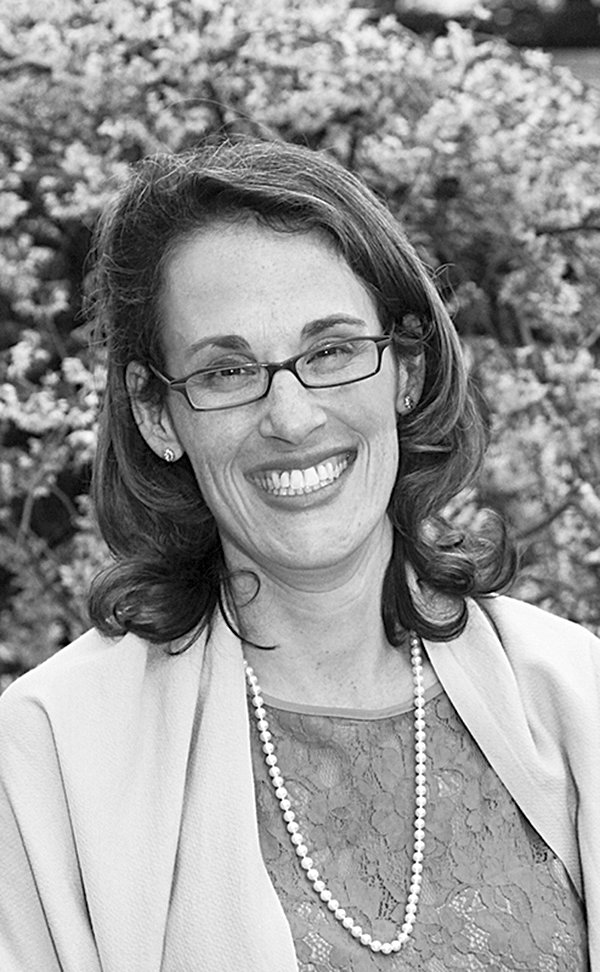A courageous query in difficult times
In this week’s Torah portion, Rebecca innovates a familiar mode of communication.
Pregnant with twins who will come to personify sibling rivalry, Rebecca moans as they struggle in her womb.
“Lamah zeh anochi?” she says.
This phrase is difficult to translate – it could mean “Why me?” or “Why am I?” or even “Who am I?”
Lamah zeh anochi is a deeply wrenching cry of discomfort, and also of philosophical anguish. One can almost hear Rebecca’s sigh as she envisions the future fighting of her sons if they are causing her this much trouble in the womb.
In fact, when we look at her circumstances, Rebecca seems entitled to verbalize her discontent. The rabbis empathize with the fundamental humanity of Rebecca’s lament. They give her credit for not just exclaiming “oy!” but for probing the “why?” And also for doing something about it.
The phrase “lamah zeh anochi” does not necessarily have to be perceived as fundamentally negative. It is a query of uncertainty and skepticism. While uncertainty does suggest some measure of doubt, it also points to a sense of wonder and amazement.
Anyone who has made the decision to take on a challenge knows that a commitment to build and grow often comes with despair, frustration and struggle – but also the possibility of elation, joy and satisfaction. Rebecca’s cry articulates both.
The uncertainty and challenge of our times certainly inspires a lamah zeh anochi moment of our own.
Rebecca’s exclamation is a courageous query for tumultuous times. Three commentators – Rashi, Ramban and the Maharal – each intuit the bravery of her question and offer a way to move away from anger and bitterness toward wonder and gratitude.
Rashi interprets Rebecca’s plea as asking, “Why did I desire and pray for pregnancy if the pain is so great?”
Rebecca’s essential self, her “anochi,” as Aviva Zornberg teaches, is tormented.
Who am I, and why am I here? Unaware that something she desired so much could eventually cause her so much pain, her cry is one of surprise and disappointment. Lamah zeh anochi is not only a cry of “Why me?” it is a cry of “Why did I do this to myself?” Once we take ownership of our choices, we can learn from them.
Ramban notices that the pain of struggle and disappointment sends Rebecca to encounter God, as seen in the next verse, “and she went to seek God.” In her agitation, one might think she would do the opposite, but Rebecca turns seeking God into a viable option for confronting her internal dissension.
What is seeking God here? Seeking God can happen through prayer. Seeking God can simply be asking for help, recognizing that it is exhausting to approach the lamah zeh anochi without support. Seeking God can also involve looking for holiness in unlikely places, in our interactions at work, and with each other.
If our lamah zeh anochi ends only in searching for God, however, it is missing an element of action.
The Maharal presents a third option for approaching Rebecca’s existential cry, translating her lament as “Why then am I sitting passively, why do I not investigate? It is my task to seek out explanations.”
In this reading, Rebecca seeks an active path of questioning and confrontation. This means asking not only “Why is this not working?” but also asking, “How can I grow from this?” This prevents lamah zeh anochi from becoming a mere bitter kvetch. It may not be possible to fully explain the existential cry, or to entirely alleviate our frustration, but awakening to a state of awareness and motion can perhaps feed its hunger.
Our anguish, anxieties, our pain, need not deteriorate into bitterness.
Our task, which is difficult and often undirected, is to move from our cries of uncertainty – “Why me? What have I done? What am I doing here?” – to an exclamation of hope and gratitude.
The answer to our lamah zeh anochi involves the challenge of making peace with our choices, finding the divine in what we do, and taking responsibility for who we are and where we are going.
We may never find perfection, but through our approach, perhaps we can find satisfaction.
There will always be a struggle within, and we may never resolve its discord. But, if we can look at the night sky with wonder, if we can look at our work and our struggles and even our pain, and somehow find hope to move forward, then our cry is not in vain.
SARAH MACK is the senior rabbi at Temple Beth-El in Providence.








